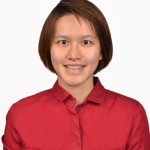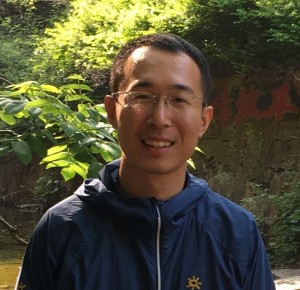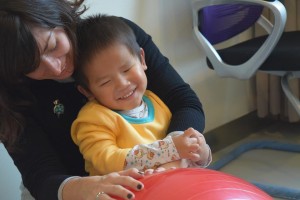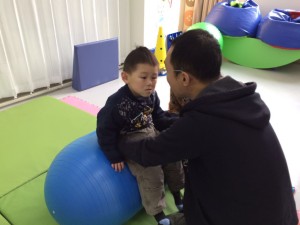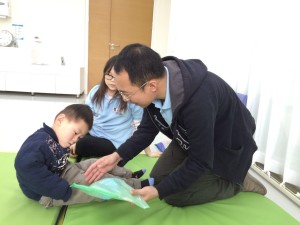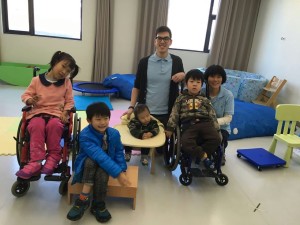In the 21st century, our children and young people are exposed to various stressors in their daily lives. Due to globalization, young people experience rapid changes in their environment following the advancement of science and technology, fast pace of life, and tight competition among their peers, which means that those who are more susceptible to stress and anxiety experience absolute and constant negative emotions. However, at the same time, a lot of these young people do not have adequate skills to cope with stress and anxiety. As a result, these conditions deter them from focusing during learning, which negatively affects their academic performance. Additionally, lack of effective stress coping skills can contribute to poor self-control, which potentially results in various behavioral problems, such as physical disputes with others or compulsive shopping. Ineffective coping with stress and anxiety can also later result in various types of psychological dysfunction, for example, over- or under- eating, substance abuse, or mood disorders. These issues not only have a detrimental effect on young people’s general health and daily functioning, but also the quality of their relationships with people around them.
There are various programs and curricula to equip our next generation with resources to cope with challenges. One of these programs is MindUp™, which was created by the Hawn Foundation in the United States. It is grounded in four prominent components in the field of psychology and learning: mindfulness, neuroscience, positive psychology, and social and emotional learning. MindUp™ applies a distinctive integration of these four pillars to build personal resilience in children and young people, which is a quality that is key to thriving in today’s world. MindUp™ aims to encourage positive behavior, enhance learning and academic performance, and improve relationships with self and others in young people. It consists of 15 lessons for children and young people from preschool to grade 8, customized according to age group and developmental level. These lessons can be fully integrated into school culture, such as in between the usual academic lessons, after-school activities, and holiday camp. Furthermore, the MindUp™ curriculum can be adapted by psychotherapists or counselors for their youth clients during therapy sessions, and trained parents for their own children at home.
MindUp™ offers an immersive exploratory experience together with daily core practices. One of these instances is the guided “Brain Break” breathing exercise, which can be best practiced during any transition of activities in daily life as a way to enhance emotional and behavioral stability, and increase receptivity towards new information. Extended from the four pillars, examples of topics that children and young people will learn from MindUp™ include:
- Understanding brain structures and functions, especially those involved in focused attention and behavioral and emotional regulation
- Having mindful awareness of various sensations and movements
- Taking perspectives of others, practicing optimism and gratitude
- Taking mindful, grateful, and kind actions towards others
MindUp™ activities are conducted in experiential and youth-friendly ways. These include:
- Hands-on activities with lively instruction to invite young people to explore their inner experiences (e.g., body sensation, feelings, thoughts), and their surroundings (e.g., what they see, what they hear)
- Information learning with the help of visual arts (e.g., colorful flow charts, videos, models)
- Daily practice learning by following teachers/instructors’ modeling and coaching
- Age-appropriate discussion that involves problem solving, decision making, and conflict resolution processes
- Home activities and journaling
MindUp™ is an evidence-based program that has been accredited by Collaborative for Academic, Social, and Emotional Learning (CASEL). It is also recommended by established governmental bodies to assist children and young people’s development, such as the National Institute of Justice (US). Research has shown that MindUp™:
- Reinforces passion in learning
- Increases academic success with improvement in attention, planning, and organization skills
- Enhances self-control and self-regulation skills, and decreases aggression and antisocial behavior
- Builds resiliency and decision making
- Strengthens self-concept and self-esteem
- Decreases conflict with peers
- Improves positive social skills, such as empathy, compassion, patience, kindness, and generosity
- Infuses optimism and gratitude
Despite the fact that research was conducted in the US, UK, and Canada, rather than in Asian countries like China, Chinese children and young people would potentially obtain similar benefits from MindUp™. This is due to the flexibility of its curriculum, which can be adapted in different contexts, and the shared and consistent concepts between MindUp™ and Chinese culture. The core concept of mindfulness- living in the present moment, originated from Confucianism and this concept still appears in current educational syllabi, despite the fact that it is practiced less now in daily life. The main concepts and elements of positive psychology, such as gratitude and creating positive relationships with others, are other important elements emphasized in Chinese tradition and culture. For the pillar of neuroscience, the universality of brain physiology and functions are undeniable. Therefore, the materials and research results relevant to neuroscience can be applied equally to Chinese children and young people. In terms of social and emotional learning, it is understandable that differences exist in emotional expression and social interaction among different cultures, which makes MindUp™ challenging to be completely applicable for Chinese young people. However, initial research has showed that with appropriate adaptation of the curriculum by taking Chinese cultures and lifestyles into consideration, a mindfulness program like MindUp™ can cultivate resilience in Chinese youth.
LIH Olivia’s Place Beijing is currently offering an adapted MindUp™ program for schools and in our clinic. For more information, please contact Michelle Wang at 13522341845 or Xiang Yi Yong: xiangyi.yong@lih-oliviasplace.com.





